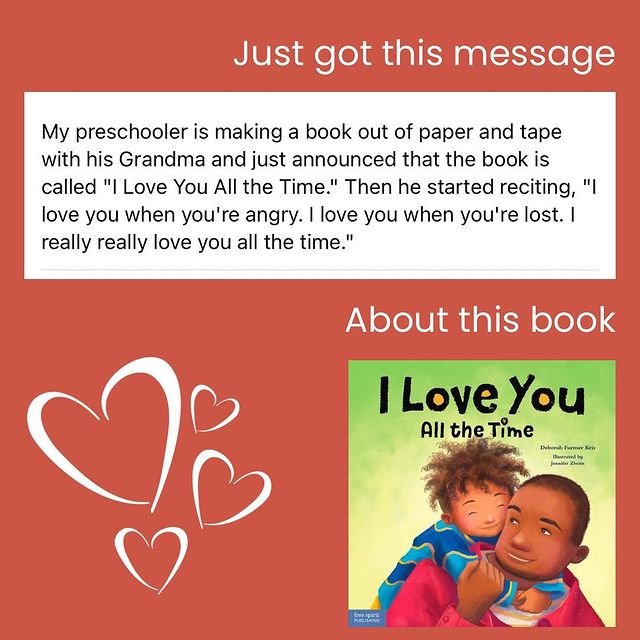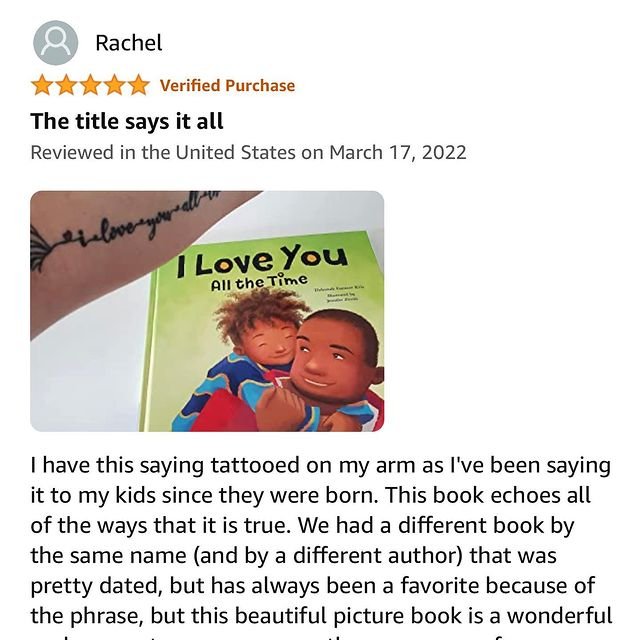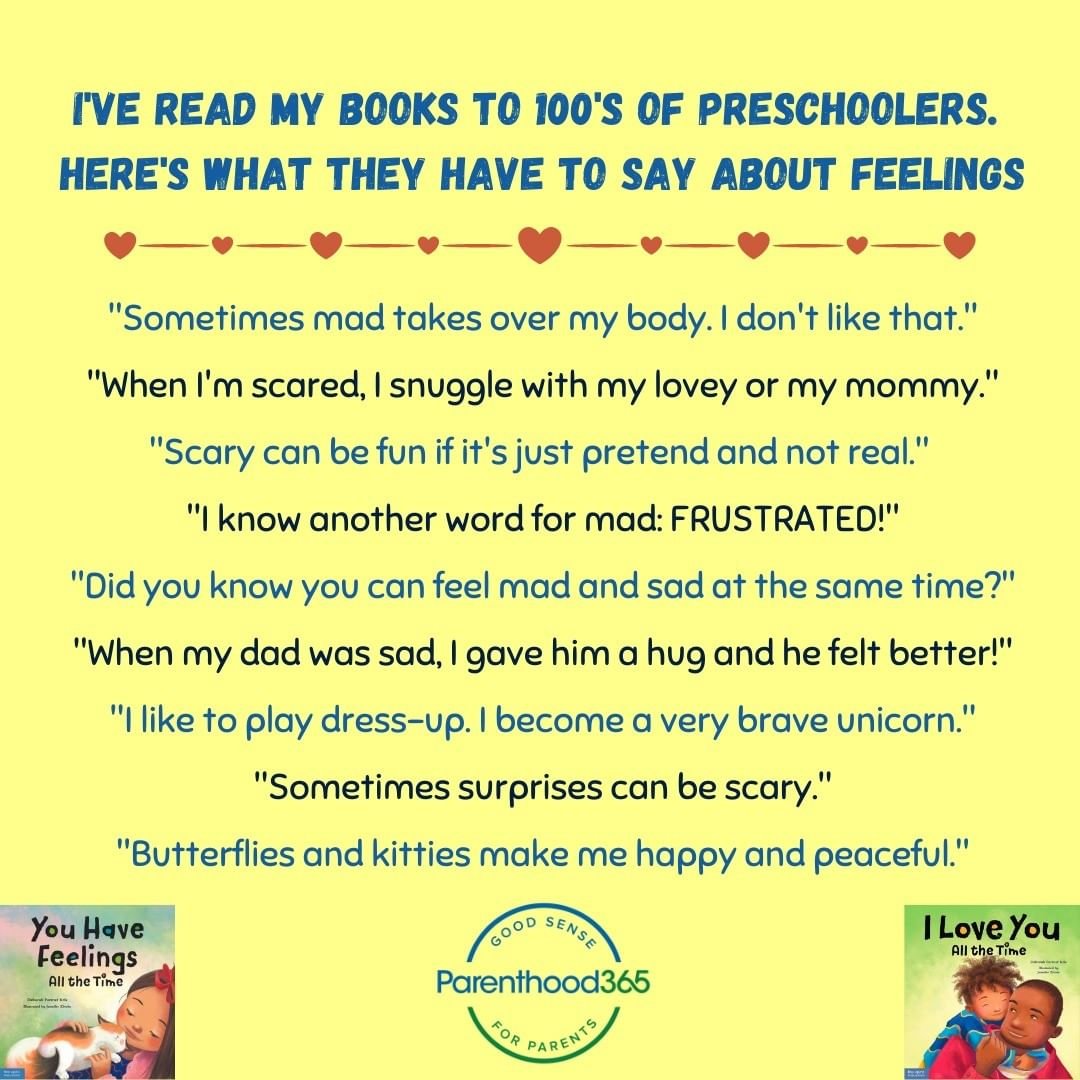Let’s Talk about Bittersweet Emotions, Boys’ Body Image, and Jamie Lee Curtis
The best part of my (non-parenting) job is talking to remarkable people. Like Susan Cain, Charlotte Markey, Jamie Lee Curtis, and 100’s of preschoolers. It’s been a lovely month on that front. Here’s your monthly dose of wisdom for your parenting journey.
Susan Cain’s “Bittersweet: How Sorrow and Longing Make Us Whole”:
I had a chance to interview Susan Cain about her stunning new book on this very topic -- "Bittersweet: How Sorrow and Longing Make Us Whole." You may know her from her previous bestseller, "Quiet: The Power of Introverts in a World That Can't Stop Talking."
While "Bittersweet" is not a parenting book, Cain offers *so* much wisdom for caregivers. I've been thinking about our conversation for days.
Here's a snippet of what she had to say:
Kris: While reading your book, I wrote in the margins this phrase from Dr. Susan David: “Life’s beauty is inseparable from its fragility.” As adults, we sometimes struggle with how to talk to kids about the fragile side of life – and put a premium on shielding them from pain and discomfort. What are some of your thoughts about this?
Cain: I think we inadvertently teach kids, especially those growing up in relative comfort, that “normal” means everything is sky high and flourishing. But the smooth road is not the default; it's the detour. Unexpected twists and turns are actually the main road. When life seems to go off path, kids need to know that it doesn’t mean something is wrong with them or with their experiences. It's incredibly comforting for children to know that life is made up of bittersweet. The question then becomes, how do you navigate it? Challenges can become an opportunity for them to learn – while still under the loving guidance of their parents – that this is part of what life is.
Click here to read the rest of “How to help kids and teens process bittersweet feelings” (NPR’s MindShift)
Let’s Talk About Boys and Body Image
Disordered eating and body image struggles can affect anyone, regardless of gender. I recently sat down with Dr. Charlotte Markey — a psychology professor and body image expert — to talk about her new book “Being You: The Body Image Book for Boys,”
Here's a short excerpt of our conversation.
KRIS: The minute someone starts talking about body image and disordered eating, most people immediately associate that with girls. But you point to research that suggests that 75% of boys want to change the appearance of their bodies. What are we — as parents and educators — missing about boys and body image?
MARKEY: I think there are two things going on. One of them is that boys are not as communicative about these issues because we feminize [the topic]. So, why would they admit that they want to lose weight or they want to change their bodies when doing so would make them seem less masculine? During adolescence, many boys are already concerned about how others are perceiving them, and they want to become more masculine. So, that’s one side of it.
The other piece of it is that even we, as researchers, initially didn’t address these issues very well among boys because we were looking for the signs and symptoms that we had come to appreciate among girls. If you want to see if a girl is concerned about her body, you ask, “What would happen if you gained two pounds?” If she says, “I would be stressed out,” then you think, “Okay, well that’s not good.” But you ask a boy that same question and they may say, “Nothing.” For years, we were like, “Oh, this just isn’t a problem for boys. They seem fine.” Because we weren’t asking the right questions.
Click here to read the rest of my interview.
That Time I Got to Interview Jamie Lee Curtis for Oprah Daily
I got the (very) unexpected and (very) amazing opportunity to interview Jamie Lee Curtis and Barney Saltzberg about their new picture book, “What Do You See: A Conversation in Pictures.” Mostly, we talked about what an amazing privilege it is to write books for kids. Like this comment from Jamie Lee Curtis:
Curtis: Years after I started writing books for children, I played the mother of a boy named Nicholas Green in the movie The Nicholas Effect [the true story of a boy who was killed while vacationing in Italy]. In this incredibly difficult moment in the hospital, his parents decide to donate his organs. And what the father says to his wife in that horrible waiting room is this: “The thing I'm going to miss most is the weight of him on my lap during story time.”
What I realized in that moment was the power of being an author. Yes, I’m an actress, and I’ve sold yogurt, and I’m silly and vulgar and all the crazy things that I am—but I write books. And what that means to me is that I am a catalyst for that moment between an often exhausted parent and a child. Think of the triangle that is created when your arms are around a child and you’re holding a book. Books become treasured connection points. That is a privilege that I feel deeply. That is why I’m an author.
What didn't make the cut: Jamie and I reciting the words to a mutual favorite book, "Annie Bananie" + why "Go Dog Go" & "Are You My Mother" are two of their favorite picture books.
P.S. If you don't know Barney Saltzberg (and you should), he's also the author of "Beautiful Oops," which is an essential text in the Kris Household.
Book News
It’s been one month since I launched my picture books into the world! Since then, I’ve had a chance to read my books aloud to over 300 Preschoolers and Kindergartners — and remain convinced that 4 and 5 are THE most perfect ages. These visits have also reminded me of how eager kids are to talk about their emotions — we just need to start (and continue) the conversation.
Love,
Deborah
www.parenthood365.com
Was this newsletter forwarded to you? Sign-up to get a monthly dose of practical wisdom for parents:





